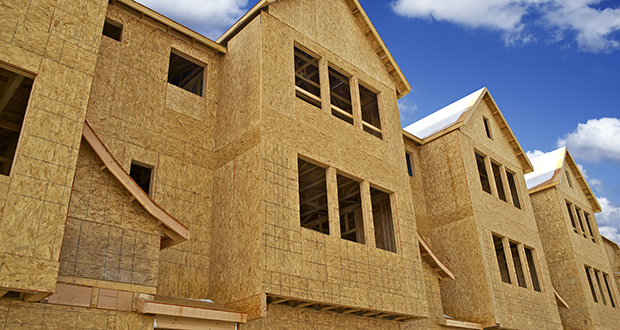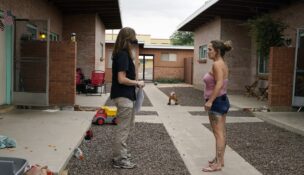Arizona proved it can build faster. Now, let’s build smarter.
Glenn Farley, Guest Commentary//July 8, 2025//
Arizona proved it can build faster. Now, let’s build smarter.
Glenn Farley, Guest Commentary//July 8, 2025//

Ask any Arizona builder what’s slowing down housing, and you’ll get the same answer: permitting delays. Due to Arizona regulations and processes, it often takes longer to get approval to build a home than to actually build it — a timeline that’s hard to justify when the state is short more than 56,000 housing units.
Over the past few years, Arizona’s housing market has stalled — rocked first by high prices and then low supply. Homeowners locked into low-interest mortgages are reluctant to sell, while construction costs, and the slow and difficult process of securing local building permits, limit production of new units. The result of supply not keeping pace with demand? Home values up 53.6% since 2019. This ongoing imbalance is driving affordability further out of reach, especially for new buyers without any equity from the pandemic-era boom.
But in 2023, Arizona tried doing something about it. The Permit Freedom Act, passed by the Legislature and signed by Gov. Katie Hobbs, set deadlines, improved transparency and forced jurisdictions to make faster decisions. And it appears to be having an impact.
The Common Sense Institute’s report shows permitting timelines have sped up between 7.1% and 17.7%. In real terms, that’s an improvement from an average of 200 days in 2022 to as low as 126 days last year across seven major Arizona jurisdictions.
Those gains matter. Faster permitting means more housing — an estimated 3,800 additional units per year by 2035. It also means lower costs. Home prices are projected to be 5% lower by 2035 than they would’ve been without this reform — offering real relief to first-time buyers and middle-income families who have been priced out of the market in recent years.
And the economic benefits go well beyond housing. Under CSI’s conservative scenario, the Permit Freedom Act is expected to generate more than 13,000 new jobs and $1.39 billion in added Gross State Product by 2035. In a more ambitious scenario, that grows to nearly 34,000 jobs and $6.4 billion in personal income.
This is what supply-side reform looks like in action. It’s proof that regulatory efficiency isn’t just about cutting red tape — it’s about unlocking growth, lowering costs and expanding opportunity.
But let’s not pat ourselves on the back just yet. Permits may be moving faster, but development still takes 150 to 290 days — and that’s after we’ve already “fixed” the process. The reality is, that’s still too long.
Meanwhile, the conditions that drove this housing crisis in the first place haven’t gone away. Prices in Arizona remain 55% higher than they were just five years ago. At today’s prices, the average Arizona household needs to earn $109,500 just to afford a typical home. That’s up from around $64,000 pre-pandemic. According to CSI’s latest affordability index, the average mortgage payment now takes 64 work hours a month to cover — almost double what it was in 2019.
And despite a small decline in the housing shortfall since last year, CSI estimates it would still take at least 13 years to erase even the current deficit at today’s permitting pace.
What’s the bottleneck now? Zoning. Entitlements. Design reviews that function more like design vetoes. And a bigger issue: Arizona’s permit data is still inconsistent and opaque. Some cities can’t even say how long their own processes take — because no one’s tracking it consistently and transparently.
Here’s the bottom line: the Permit Freedom Act proved Arizona can cut red tape, boost housing supply, lower costs and grow the economy. But it also made one thing clear — if we want lasting affordability and predictability, we need to take it a step further.
That means standardizing permit tracking. It means putting zoning and entitlement reforms on the table. And it means designing a system that moves at the speed of our economic needs.
We’ve shown what’s possible when we focus on the facts and common sense policy. We’ve started building faster. Now, let’s build smarter.
Glenn Farley is the Director of Policy & Research at the Common Sense Institute and the former Chief Economist and policy advisor to former Gov. Doug Ducey.














































